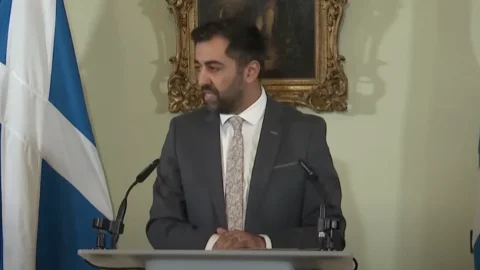Dear Prof Monti, We have known each other since the 70s and I have always appreciated the rigor of your economic analyzes and the innovation contained in your proposals aimed at modernizing financial markets and in general at redefining the role of the public sector in modern liberal economies. But I find a profound contradiction within his reasoning, as reported in today's interview with Corriere della Sera, for which he would be induced to vote NO in the referendum for the modification of our Constitution.
His vote against is not so much about the constitutional changes, many of which are judged positive, and others, like that of the Senate, dubious, but it refers to the method adopted by the current government to "buy" the consensus necessary to pass them. It concerns Renzi's choice to distribute bonuses, or tips, to various categories of citizen-voters with little effect on the overall development of our economy, but with very negative consequences on the methods of managing politics and on the very culture of citizens, driven to remain attached to the breasts of public finance instead of moving towards more adult and mature forms of conceiving citizenship.
But herein lies the contradiction of his reasoning. It is the new constitutional rules that constitute the premise (necessary, even if not sufficient) to change the propensity of politics to "buy" consent, initiating citizens towards a more mature awareness of their duties, as well as their rights. As you yourself have seen during your brief government experience, with the current rules it is not possible to break the perverse spiral between consensus and greater public spending and it is not possible to carry out those incisive reforms which range from reducing the perimeter of the sector public to the liberalisations, which are essential to recover competitiveness.
Now Renzi has found himself having to make soup with the available ingredients and therefore has brought home some important reforms (on the labor reform, his government stumbled, remember?), managing public finance with a slalom between measures in favor of businesses and competitiveness, and bonuses to various categories of citizens to demonstrate that the dividend of the reforms would come and that something could be anticipated. I have no difficulty in admitting that some measures have been of dubious utility (including political) such as the abolition of the Imu and now the pension reform. But she, who is also in Parliament, does not see the pressure that comes from all the opposition parties and from the government party itself to spend more, while no one complains, if not a few isolated professors, about the dangers of continuing to make more debts.
From this point of view, it seems to me that the Government has made heroic efforts to concede something to the "united spending party", inventing very complex mechanisms, such as the Ape, which may not work as expected, and therefore will cost less, but keeping incentives for industry and some support for the banking system without which Italy will not be able to recover at all.
It is certainly a difficult balancing act between the need to keep the thousand corporations at bay that only express vetoes and the need to bring the indispensable innovations to our institutional system and to our political practice. But at the moment of the clash, the voice of the living forces of the country, of the intellectuals and of the large social organizations, appeared at best very timid, and generally harshly critical.
Finally, I find his statement that if NO were to win, nothing catastrophic would happen. But if we are reduced as we are, that is, if we haven't grown for over twenty years, isn't the fault precisely in the malfunctioning of the institutional system and in the bad habits it induces in political behaviour? How do you think that after Renzi the recovery process would continue with a different government? On the electoral law, then, the comparison with Germany just doesn't hold up. Grand coalitions are formed there, which are now subjected to strong tensions by extremist forces, but our political fragmentation has never allowed for stable coalitions, and therefore capable of making incisive policies of recovery and recovery.
Politics is a difficult art. You yourself can proudly claim that you collected over 2013 million votes in the 3 elections. But what political class has he managed to put together between Riccardi, Dellai, Fini and Casini? It is no coincidence that just after the elections it abandoned the Civic Choice to its fate, renouncing to play any role in the difficult balance of forces resulting from the elections.
Dear Professor, this opportunity to reform some fundamental pillars of our constitutional system cannot be wasted. It is probable that this could then lead to a change in the completely patronage logic of politics and thus initiate a phase of renewal of our system. What is certain is that if the NO won, we would continue with an increasingly fragmented Parliament with weak parties, easy prey for the various lobbies and corporations. In short, governments should be inspired by the policy of just getting by which, however, contrary to what Andreotti thought, would be the antechamber of kicking the bucket.





